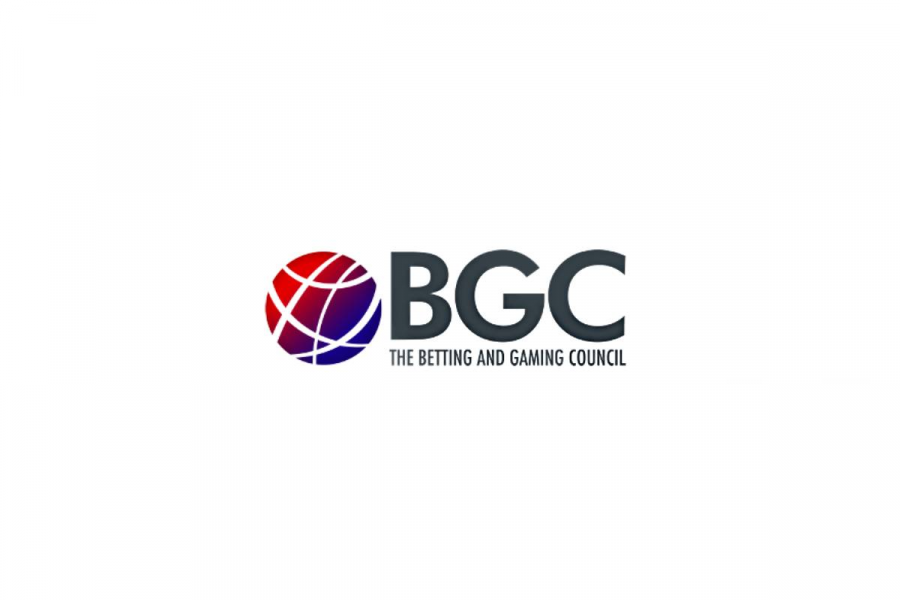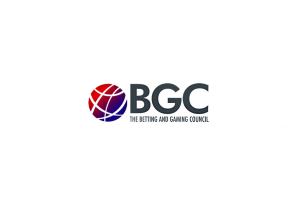BGC chair warns against major changes to RET duties in Britain

The chair of the Betting and Gaming Council (BGC) has warned against radical changes to the gambling sector’s research, education and treatment responsibilities.
UK. Brigid Simmonds (OBE), chair of industry lobby group the Betting and Gaming Council (BGC), has warned the British government to avoid radical changes to operators’ research, education and treatment (RET) duties. She dismissed calls for a mandatory levy on operators.
In an open editorial on the Tory party’s Conservative Home news site, Simmonds called for an evidence-based approach to problem gambling ahead of the UK government’s publication of its gambling white paper.
She said: “The existing framework was described as a ‘perplexing paradox’ in which UK licensed operators face hostilities for taking bets of 22.5 million adults each month. Yet, according to regulatory statistics, the UK’s problem gambling rates stand at 0.3%, a much lower rate than the European counterparts of Italy (2.4%), France (1.3%) and Norway (1.4%).
“To any dispassionate observer, the obvious conclusion would be that Britain boasts a rigorously regulated market that is keeping rates of problem gambling low,” Simmonds wrote.
“For the past twenty years, the industry has rightly shouldered the financial responsibility for that work by paying a voluntary levy to fund independent charities tackling problem gambling.”
Despite calls for a levy on gambling operators to go direct to the Department of Health and Social Care something that the industry-backed funding charity GambleAware has called for, Simmonds said this would not mean more funds for RET. She noted that voluntary donations to GambleAware were expected to reach £39m by 2023/24.
Instead, she said the government should maintain the current funding structure, which funds a support network with 160 sites and services run by third-party charities such as GamCare, which runs the problem gambling helpline, and YGAM, which provides education for young people. A new funding structure would threaten that work, Simmonds said.
“A Statutory Levy would risk their funding models by potentially taking cash out of their coffers, and putting it into the NHS, which is not set up to deliver these services,” she said. “Meanwhile, the industry and charities have spent the last two decades busy getting on with the issue.
“Is it really designed to help RET or the general public – or is it a punitive measure to placate the anti-gambling lobby? Any Statutory Levy will not boost funding for RET; the money is already in the system with a bigger, broader commitment going forward.
“So think very carefully whether a statutory replacement would be better, would have better outcomes, and would help the vast majority of those who have a problem with gambling which can be helped outside of an NHS framework.”











